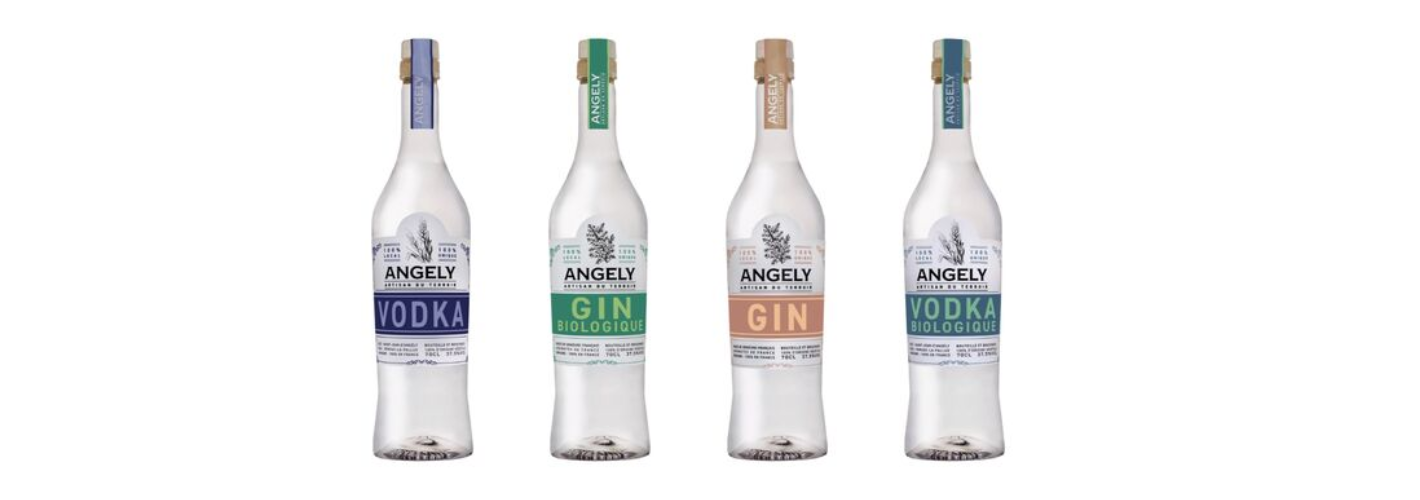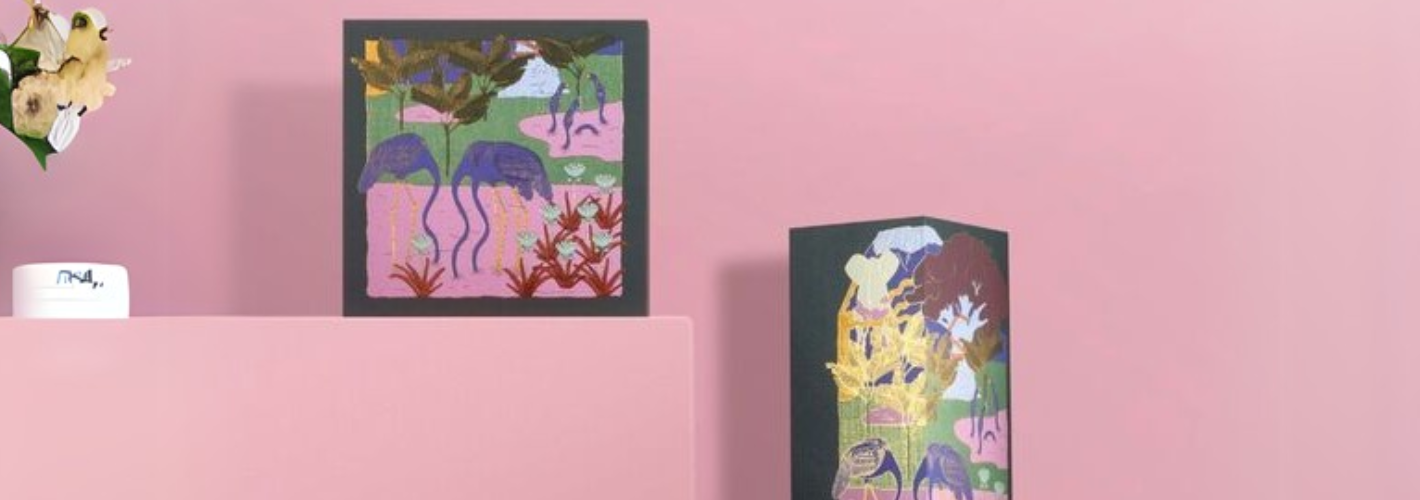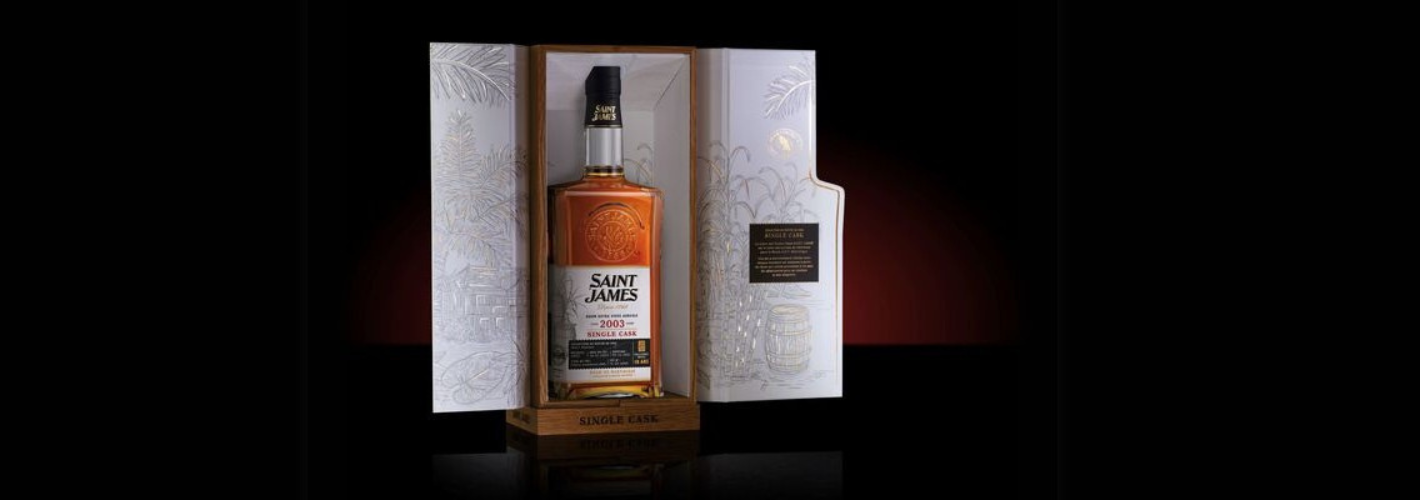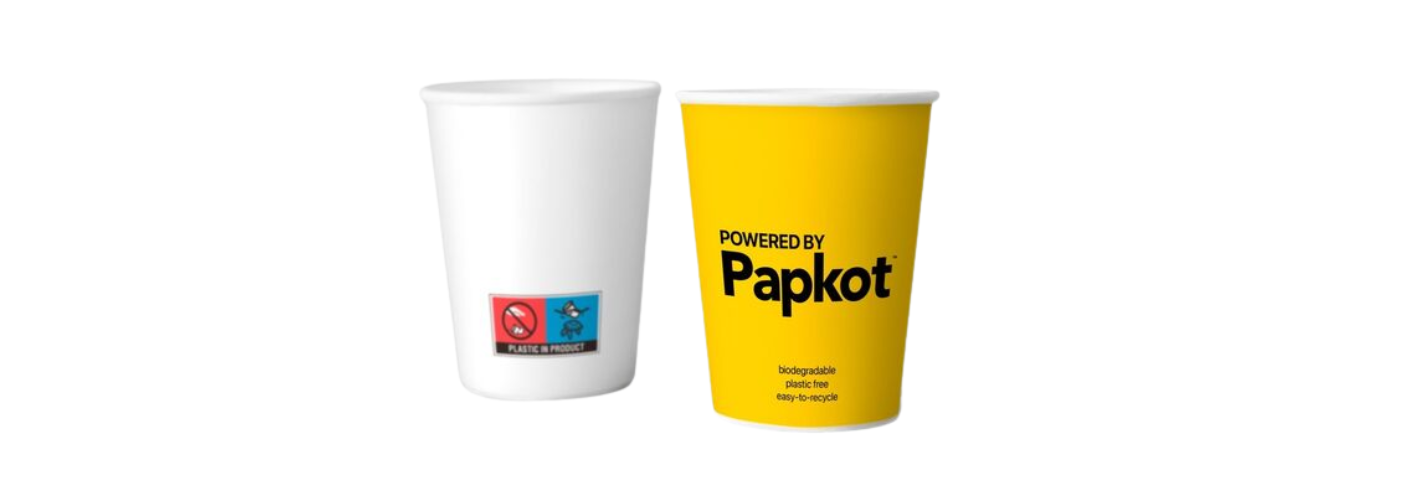Tout participant à ÉDITION SPÉCIALE by LUXE PACK devra présenter un dossier en rapport avec le thème du salon : packaging durable et/ou solution d'économie circulaire.
Exposer sur ÉDITION SPÉCIALE by LUXE PACK vous permet :
- De présenter une sélection fine de produits engagés en faveur de l’environnement et/ou votre savoir-faire en matière d'économie circulaire
- D’échanger avec les représentants des marques et les experts pour mieux comprendre leurs enjeux et leur positionnement stratégique sur le thème de l’écologie.
Un descriptif précis du produit ou service présenté, démontrant qu’il s’inscrit dans une démarche écoresponsable et en précisant ses impacts positifs devra être fourni.
Le produit présenté sera évalué selon les critères suivants :
- Conception
- Matières premières utilisées
- Usage du produit
- Fin de vie
Pour obtenir + d’infos, contactez-nous à l'adresse suivante
Ils s'engagent

A. de Fussigny’s Angély shakes up spirits packaging codes with bioplastic bottles
Angély (A. de Fussigny) claims to be the first spirits brand to opt for bottles made of PLA (polylactic acid). The new packaging, weighing just 51 grams, was developed for its range of clear spirits, a gin and vodka. Non-exclusive, the model is also available to other brands.



